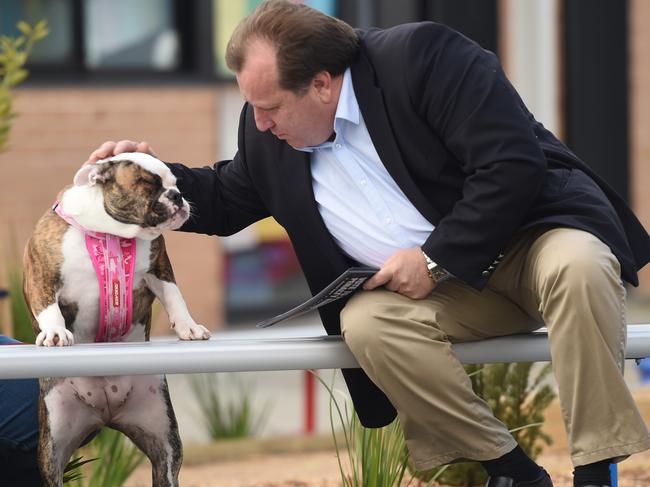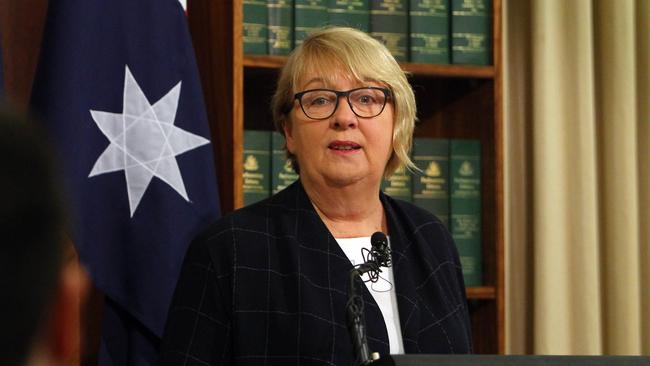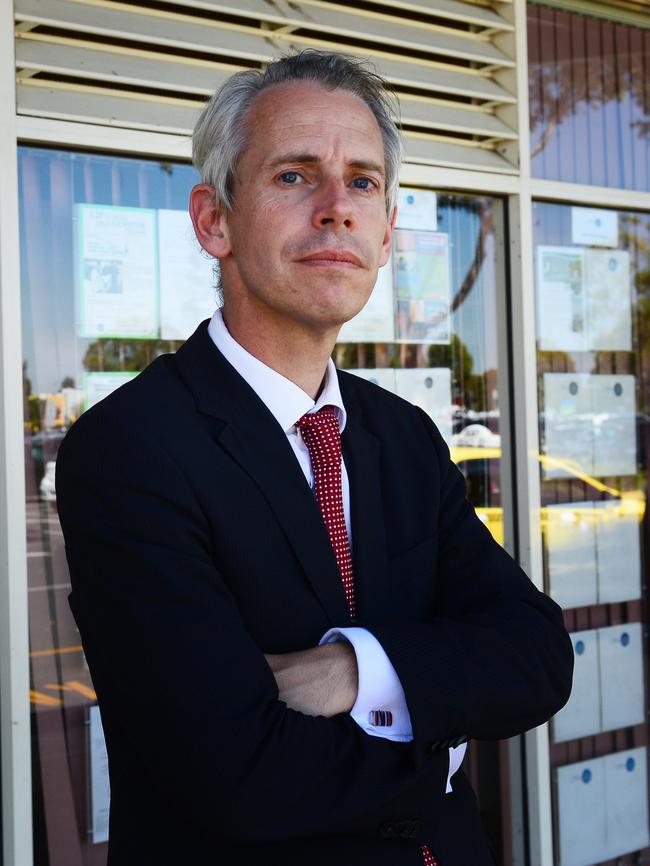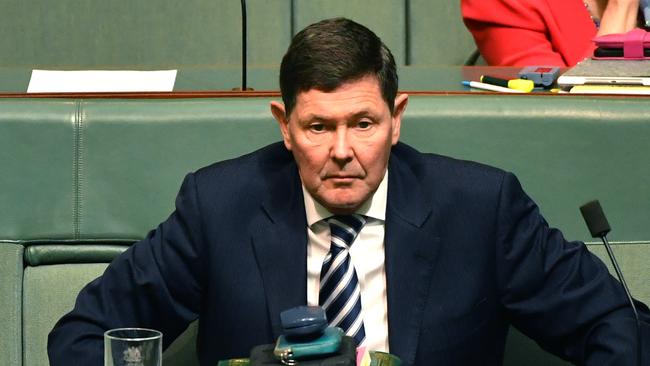Australian Electoral Commission: growth means an extra electoral seat in the north
A MASSIVE population boom has prompted the AEC to reconfigure federal seat boundaries. So, what does that mean for you?
North
Don't miss out on the headlines from North. Followed categories will be added to My News.
A MASSIVE population boom has prompted the Australian Electoral Commission to reconfigure federal seat boundaries, particularly in the state’s north.
The AEC regularly keeps tabs on population figures in federal seats across the country, which is capped within 10 per cent of the current enrolment quota, under the Electoral Act.
The current enrolment quota is therefore 106,954, so electorate populations need to fall between 96,259 and 117,649.
Due to flourishing numbers, Electoral Commissioner Tom Rogers said an extra seat was required in Victoria and boundaries needed to be shuffled.

In the country’s most populated federal seat, McEwen, 20 per cent of its population will be moved to the other side of the fence.
“Since the (federal) election, Victoria has had a massive increase in population. People are moving interstate to Victoria and that’s why we see so much growth in the north,” McEwen federal Labor MP Rob Mitchell said.
“If it goes ahead, it takes us away from being a growth seat to a rural one.
“My favourite Greek restaurant is in Hurstbridge, so that works out well.”

In Jagajaga, about 21,000 voters in Eltham, Research, North Warrandyte and Kangaroo Ground will be moved to the electorate of Menzies. They will be replaced by voters in Diamond Creek, Wattle Glen, Plenty and parts of Greensborough.

Jagajaga Labor MP Jenny Macklin said she considered the changes “significant”.
“Eltham has been in the electorate of Jagajaga since the late 1980s — so it’s a very big change,” she said.
Scullin federal Labor MP Andrew Giles said it was “disappointing” to not represent some great communities but said our democracy must redistribute so that votes were of equal value.
Meanwhile, Menzies federal Liberal MP Kevin Andrews said the Victorian Liberal Party would make submissions on behalf of all MPs.
The report will be tabled in July.

If you’d like to have your say on the proposed changes, email the AEC by 6pm on Friday, May 4. To have your say, email HERE.
THE CHANGES
JAGAJAGA
Population: 104,207
Bellfield, Briar Hill, Bundoora (part), Eaglemont, Eltham, Greensborough (part), Heidelberg, Heidelberg Heights, Heidelberg West, Ivanhoe, Kangaroo Ground, Macleod (part), Montmorency, Research, Rosanna, St Helena, Viewbank, North Warrandyte, Watsonia and Yallambie.
+ Bundoora (part), Watsonia North (part), Plenty, Diamond Creek and Wattle Glen.
— Eltham and Eltham North (part), Kangaroo Ground, North Warrandyte, Research.
SCULLIN
Population: 113,623
Diamond Creek, Epping, Lalor, Mill Park, Plenty, Watsonia North, Wattle Glen, Yarrambat and parts of Bundoora, Greensborough (parts), Hurstbridge, South Morang (part), Thomastown and Wollert.
+ South Morang (part) and Mernda (part).
— Watsonia North, Yarrambat, Hurstbridge, Plenty, Diamond Creek and Wattle Glen.
MCEWEN
Population: 140,152
Arthurs Creek Broadford, Craigieburn, Doreen, Kilmore, Lancefield, Mernda, Gisborne, Panton Hill, Puckapunyal, Riddells Creek, Romsey, Smiths Gully, St Andrews, Seymour, Sunbury, Tallarook, Wallan, Watsons Creek, Wollert and Whittlesea.
+ Mount Macedon, Macedon, Yarrambat, Hurstbridge.
— Craigieburn, Broadford, Seymour, Puckapunyal, Tallarook
MENZIES
Population: 98,857
Bulleen, Croydon Hills, Croydon North (part), Doncaster, Doncaster East, Donvale, Park Orchards, Ringwood North (part), Templestowe, Templestowe Lower, Warrandyte, Warrandyte South, Warranwood (part) and Wonga Park (part).
+ Eltham and Eltham North (part), Research, Kangaroo Ground, North Warrandyte.
— Croydon Hills and Croydon North.
SOURCE: Australian Electoral Commission, 2018.


